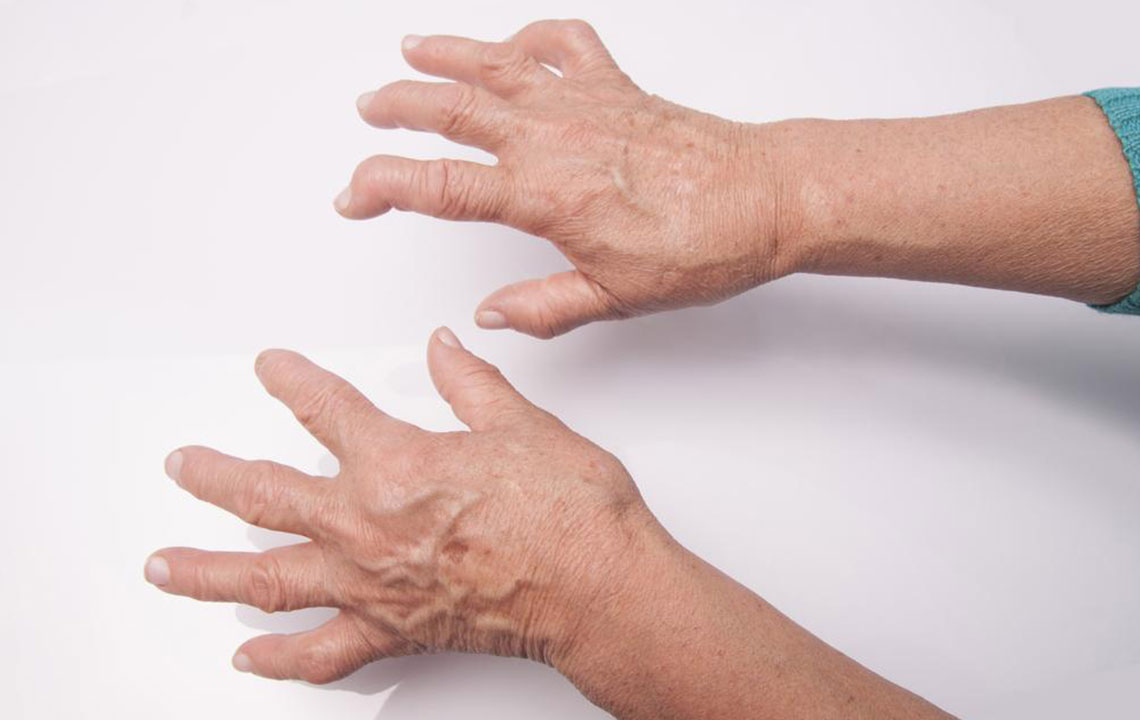Effective Strategies for Managing Rheumatoid Arthritis Symptoms
Discover effective treatments for rheumatoid arthritis, including medications, physical therapy, and surgical options. Tailored approaches help manage symptoms and improve quality of life for those affected by this autoimmune disease.

Effective Strategies for Managing Rheumatoid Arthritis Symptoms
Living with rheumatoid arthritis can significantly impact daily life due to joint pain, inflammation, and muscle discomfort. This autoimmune condition causes the immune system to attack healthy joint tissues, leading to chronic symptoms. While there is no cure, various treatment options can alleviate symptoms and improve quality of life.
Several approaches are available, including medication, physical therapy, and surgical options, tailored to individual needs to manage the disease effectively.
Medicinal Therapy
Severe joint swelling and pain often require a combination of medications. Treatment typically involves painkillers, non-steroidal anti-inflammatory drugs (NSAIDs), disease-modifying antirheumatic drugs (DMARDs), and corticosteroids to control inflammation and slow disease progression.
Physical Rehabilitation
Many individuals experience stiffness and mobility issues. A healthcare professional such as a podiatrist might recommend specialized footwear to ease foot joint pain. Additionally, targeted exercises and physical therapy assist in maintaining joint flexibility and daily functioning.
Surgical Intervention
Surgery is considered a last resort, primarily for advanced cases where other treatments fail. Procedures may include joint replacement surgeries such as on the hips, knees, shoulders, or elbows, aimed at restoring joint function and reducing pain.
It's important to understand that treatment effectiveness varies among individuals. What works well for one person might not be suitable for another, so personalized care plans are essential.










